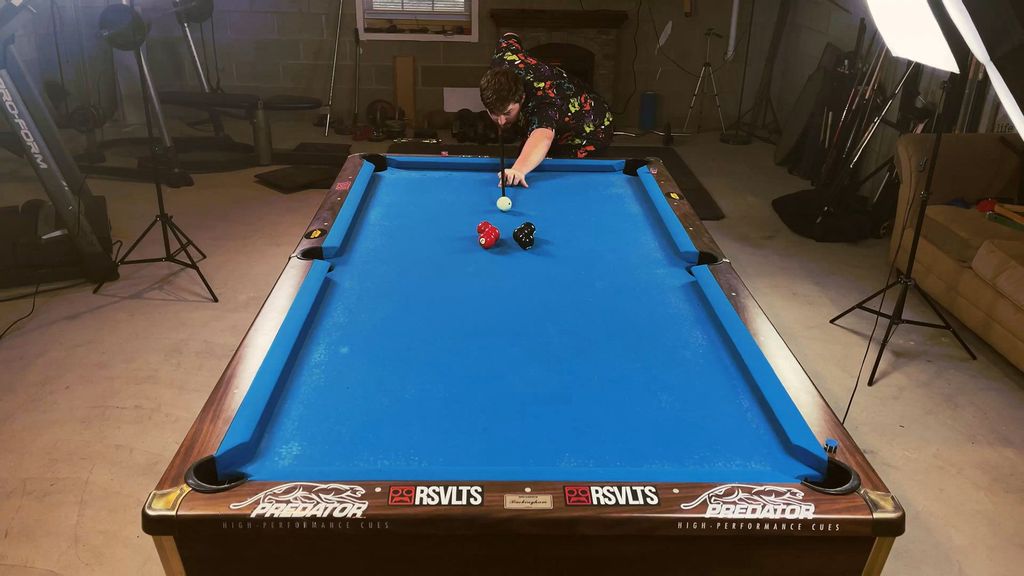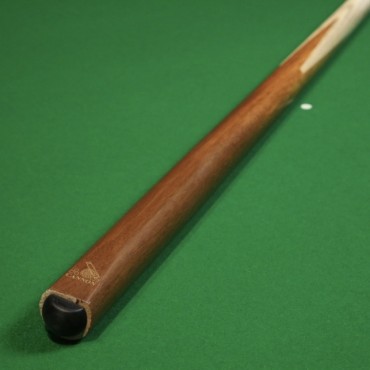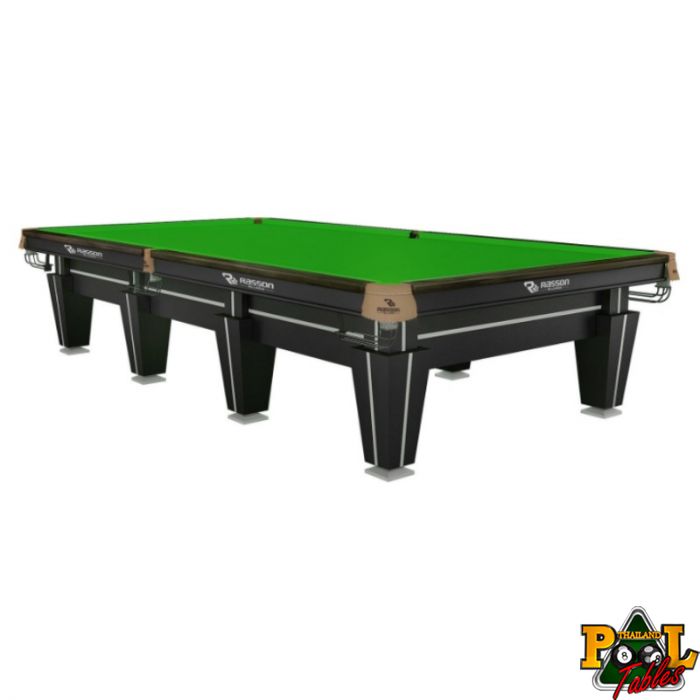
The history of pool is long. It began as a form or croquet game in the 15th-century. In the 19th century, pool became a betting game. This led directly to the development and use of the pool hall. Pool is now played all over the world, in countries like the United States, Europe, and the Philippines. There are many myths surrounding this popular sport. One is that it's a highly-regulated sport that requires great skill. Another myth is that it's a game based on luck.
Pool is a game played using a cue ball and balls. Although the balls may be small, they play a crucial role in the pool game. They come in many shapes and patterns. To understand the game, it is essential to know how the balls are used. These balls can be very difficult, so it is important you know how they react to different shots.
Most pool balls made before the 19thcentury were made out of wood. The first decades of the century saw the introduction of clay and other materials to pool. The balls were made of plastic after the middle of the 19th century. Some were even made from ivory. Ivory balls were extremely expensive and were still produced until 1920. They were not stable. Celluloid was also discovered and accepted widely.

Leo Baekeland, an American Chemist, discovered petroleum-based polymers in 1907. This material was found to be perfect for pool balls. Plastic was eventually found to be an excellent substitute for wooden balls.
In the 19th century, pools were installed in parlors where people would bet on horse races. This led to the change in the name. The French queue system, which was an old system to ensure horses didn't cross the finish line, was the original name of the game.
Since then, the games of pool and billiards have evolved from a lawn game to a game that is played indoors. Several of the most common types of pool include nine-ball, seven-ball, ten-ball, and carom. Pool players are either singles or teams. Although the rules are uniform, the players have their own names. To win, players need to be familiar with all regulations and rules.
While pools are most often found in public areas of the city, it is vital that all pool users be aware of the dangers posed by untreated water. Public pools can be dangerous because they are full of germs. They can not only cause harm to your health, but they can also cause inconvenience and frustration. A large number of adults admit to relieving themselves while swimming.

Child pool accidents are the most dangerous. The popularity of salt chlorination systems has increased over the last few decades. They can make their pools safer. These systems are not suitable for all pools. Consider algaecide as an option. It works best when used with chlorine sanitizer.